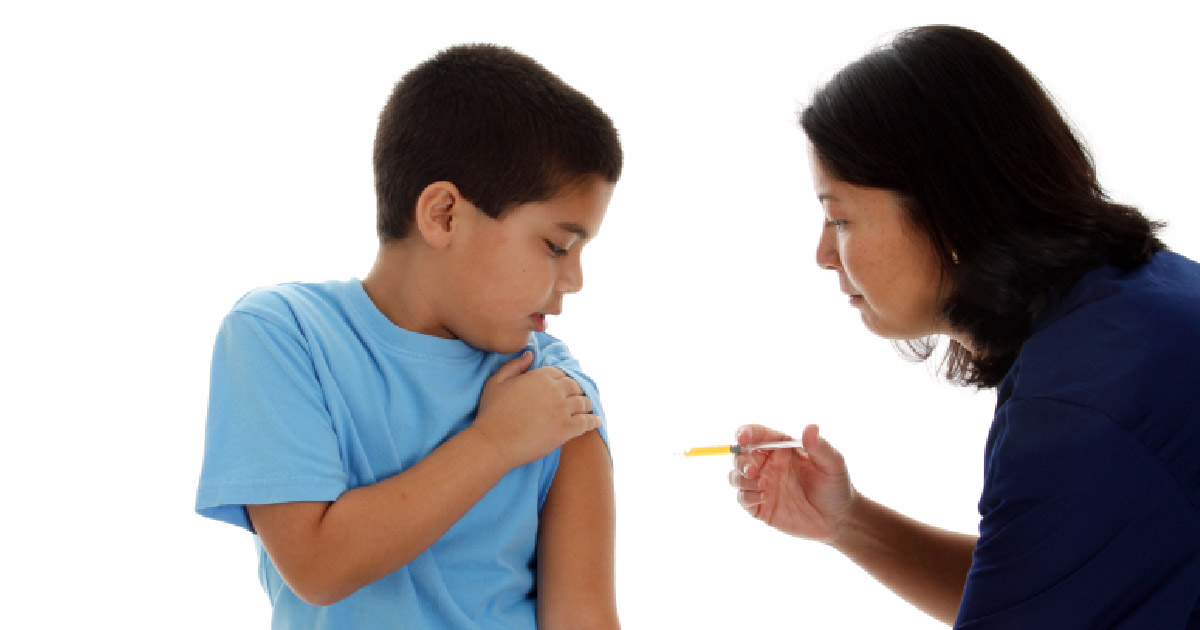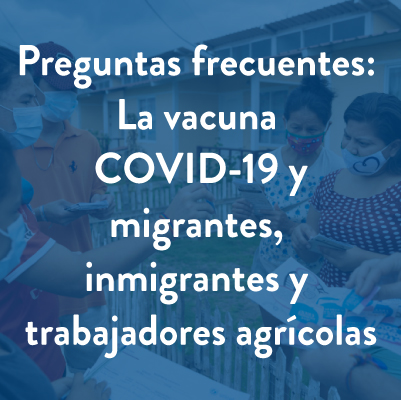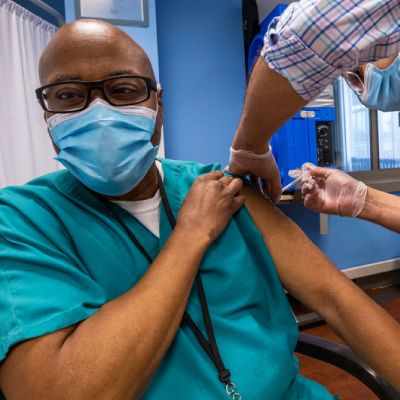- Who We Are
- Clinician Employment
- Publications
- Witness to Witness (W2W)
- El Premio Kugel & Zuroweste a la Justicia en la Salud
- Your Voice Matters: Photovoice Project
Wed, 01/30/2019 | by Laszlo Madaras


By Laszlo Madaras, MD, MPH
As many of us in health centers and hospitals around the country can attest, we are in the midst of the flu season. Seasonal flu activity typically occurs between October and May, although flu viruses are around all year. Usually, the flu season peaks between December and February.
This year so far, the Centers for Disease Control and Prevention (CDC) have already tallied between 6.2 million to 7.3 million flu illnesses, 2.9 and 3.5 million medical visits, and 69,300 and 83,500 hospitalizations. Almost 43,000 people have died so far in the 2018/2019 flu season of influenza or pneumonia. In recent weeks, the percentage of deaths in the nation attributed to influenza and pneumonia has spiked to above seven percent of all deaths. The CDC said it's not possible to say definitively at this time how severe the 2018-2019 season will be, since there are still weeks of flu activity to come. At this time in late January, however, severity indicators are lower than they were during a similar time frame last season.
As a physician working every winter in a hospital setting, I get the fluvax every year not only to protect myself and my family, but also to protect my patients. If you haven’t gotten the vaccine yet, there’s still time. The sooner you get vaccinated, the better because it takes a couple of weeks to become fully effective.You are still vulnerable to "get the flu" if you are unlucky enough to get infected before the vaccine has time to take full effect. Even though we’re well into this flu season, it’s not too late to get vaccinated. The vaccine (fluvax) doesn’t guarantee immunity (usually 60% effective in a good year and about 30% in a year in which the type of influenza and the type of vaccine mismatch), but it can reduce symptom severity if you do get sick.
Viruses included in the 2018–2019 trivalent influenza vaccines are an A/Michigan/45/2015 (H1N1) pdm09-like virus, an A/Singapore/INFIMH-16-0019/2016 (H3N2)-like virus, and a B/Colorado/06/2017-like virus (Victoria lineage). Quadrivalent vaccines contain an additional virus: a B/Phuket/3073/2013-like virus (Yamagata lineage). Both the trivalent and quadrivalent vaccines contain different A (H3N2) and B (Victoria) strains compared with the 2017–2018 influenza vaccines.
One interesting factor has appeared since many emergency rooms have begun using a new nasal swab combination that not only screens for Influenza A and Influenza B, but also for Respiratory Syncytial Virus (RSV) in adult patients sick enough to visit the ER. For many years the pediatric population has been screened for RSV, which hits hard generally around the same time as does the influenza virus. Now that adults are also "incidentally" being screened for RSV while getting influenza screenings, a lot more adult RSV cases have come to light. We may have to change our thinking about RSV being predominantly a pediatric infection and consider adults as equally susceptible.
I guess that in past years when some vaccinated adults complained that they "got the flu" despite getting the fluvax, they may have come down with RSV or yet another winter virus that is NOT influenza virus. The problem is that during the flu season, there are also many other winter viruses for which the fluvax does not provide protection, so people mistakenly feel they got the flu from the flu vaccine.
While influenza may not be as headline-worthy of more terrifying and less common infectious illnesses, these complications encourage us as clinicians to be clear about the need for the flu vaccine. Yes, there are other illnesses that can cause flu-like symptoms; yes, the flu shot is not 100% effective. But, yes, there is still very good reason to get the flu shot. Especially among our patients with diabetes and with elderly patients, prevention can go a long way to assure health in the depths of winter.
Keep up with the CDC’s weekly posts at: https://www.cdc.gov/flu/weekly/
Access some of MCN’s flu resources:
Flu Prevention for P matients with Diabetes (English/Spanish)
Seasonal Flu Guide (English/Spanish)
Hospital Pandemic Influenza Planning Checklist
Hospital Pandemic Influenza Planning Checklist
View all the resources at MCN’s Toolbox: https://www.migrantclinician.org/findit
Like what you see? Amplify our collective voice with a contribution.
Got some good news to share? Contact us on our social media pages above.
Return to the main blog page or sign up for blog updates here.







